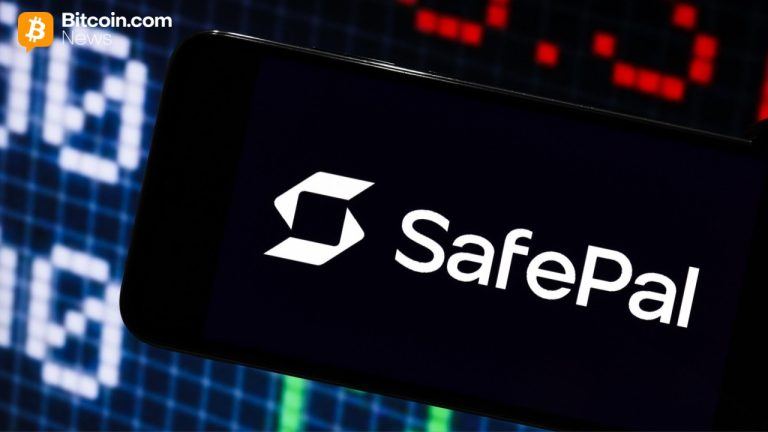ASEAN Countries Take Steps to Reduce Reliance on US Dollar for Trade Settlements – Economics Bitcoin News
3 min read
The finance ministers and central bank governors of the Association of Southeast Asian Nations (ASEAN) are exploring ways to decrease their countries’ dependence on the U.S. dollar and promote the use of local currencies in trade settlements. “We must remember the sanctions imposed by the US on Russia,” said Indonesian President Joko Widodo.
ASEAN Countries Seek to Reduce Reliance on USD
The finance ministers and central bank governors of the Association of Southeast Asian Nations (ASEAN) held a meeting on March 30-31 in Bali, Indonesia. One of the topics they discussed was reducing reliance on western currencies, such as the U.S. dollar. ASEAN comprises Brunei, Cambodia, Indonesia, Laos, Malaysia, Myanmar, the Philippines, Singapore, Thailand, and Vietnam.
The meeting was also attended by representatives from six international
organizations, namely Asian Development Bank (ADB), ASEAN+3 Macroeconomic Research Office (AMRO), the International Monetary Fund (IMF), the Financial Supervisory Board (FSB), the Bank for International Settlement (BIS), and the World Bank.
At the conclusion of the two-day meeting, the ASEAN finance ministers and central bank governors released a joint statement, stating that they agreed to “reinforce financial resilience, among others, through the use of local currency to support cross-border trade and investment in the ASEAN region.”
One strategy the ASEAN finance chiefs discussed in order to shift away from U.S. dollar reliance was the adoption of their Local Currency Transaction (LCT) system. This system is an extension of a previous settlement system among ASEAN member states that allows for settlements in local currencies.
Indonesian President Warns of ‘Geopolitical Repercussions’ of Relying on Western Payment Systems
Indonesian President Joko Widodo recently urged regional administrations to start using credit cards issued by local banks and to gradually stop using foreign payment systems. He explained that this change is necessary to protect Indonesia from geopolitical disruptions, citing the example of sanctions imposed on Russia’s financial sector due to the conflict in Ukraine.
Moving away from western payment systems is necessary to protect financial transactions from “possible geopolitical repercussions,” Widodo described, adding:
Be very careful. We must remember the sanctions imposed by the U.S. on Russia.
The Indonesian president warned that the sanctions imposed on Russia had exposed the vulnerability of countries that rely on foreign payment systems. He emphasized the need for Indonesia to prepare for the possibility of facing similar sanctions in the future. The president stated that using local payment systems would help shield Indonesia’s economy from external shocks while also supporting the domestic economy by promoting local banks and businesses.
What do you think about ASEAN countries seeking to reduce dependence on the U.S. dollar? Let us know in the comments section below.
Image Credits: Shutterstock, Pixabay, Wiki Commons, lev radin
Disclaimer: This article is for informational purposes only. It is not a direct offer or solicitation of an offer to buy or sell, or a recommendation or endorsement of any products, services, or companies. Bitcoin.com does not provide investment, tax, legal, or accounting advice. Neither the company nor the author is responsible, directly or indirectly, for any damage or loss caused or alleged to be caused by or in connection with the use of or reliance on any content, goods or services mentioned in this article.
Read disclaimer







